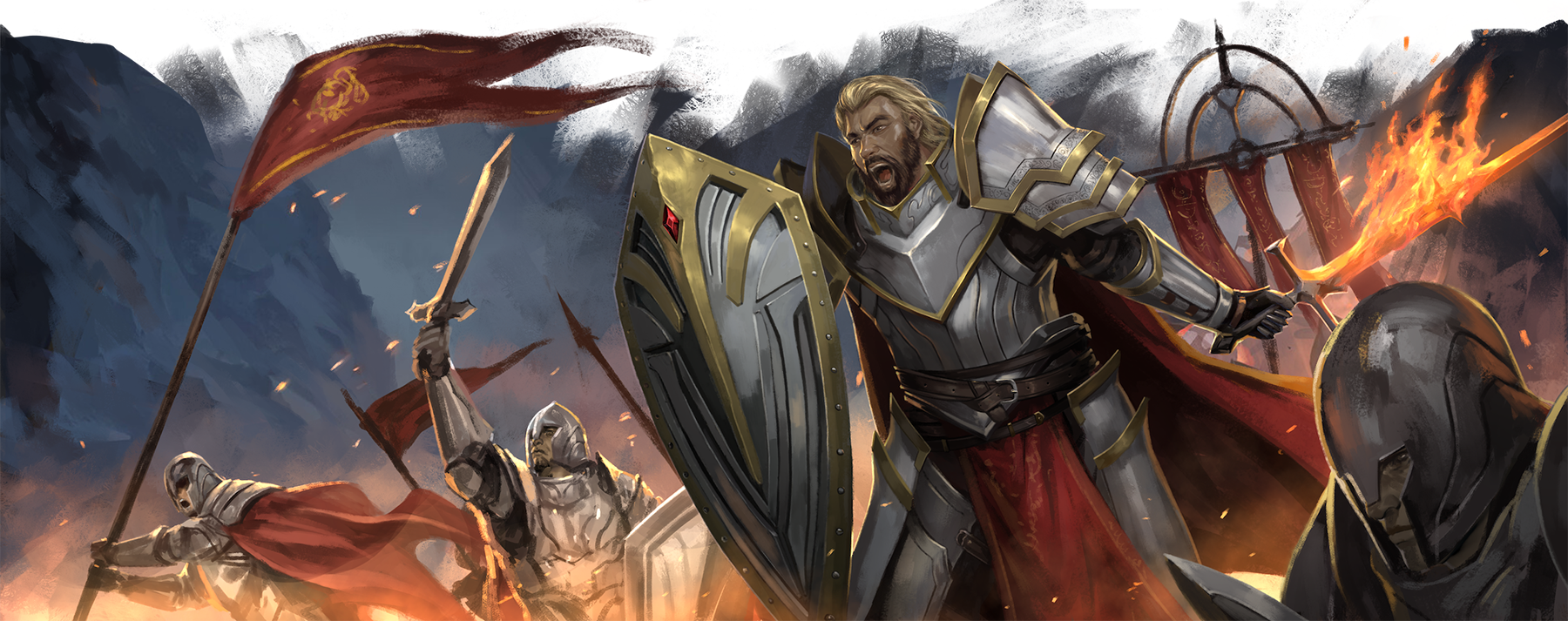The Most Famous (And Epic) Beards in the History of the World
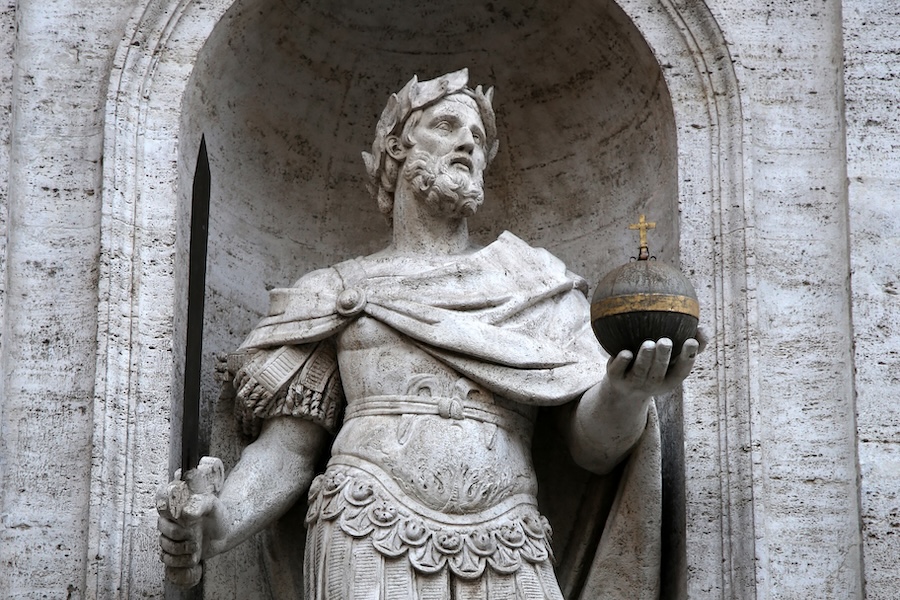
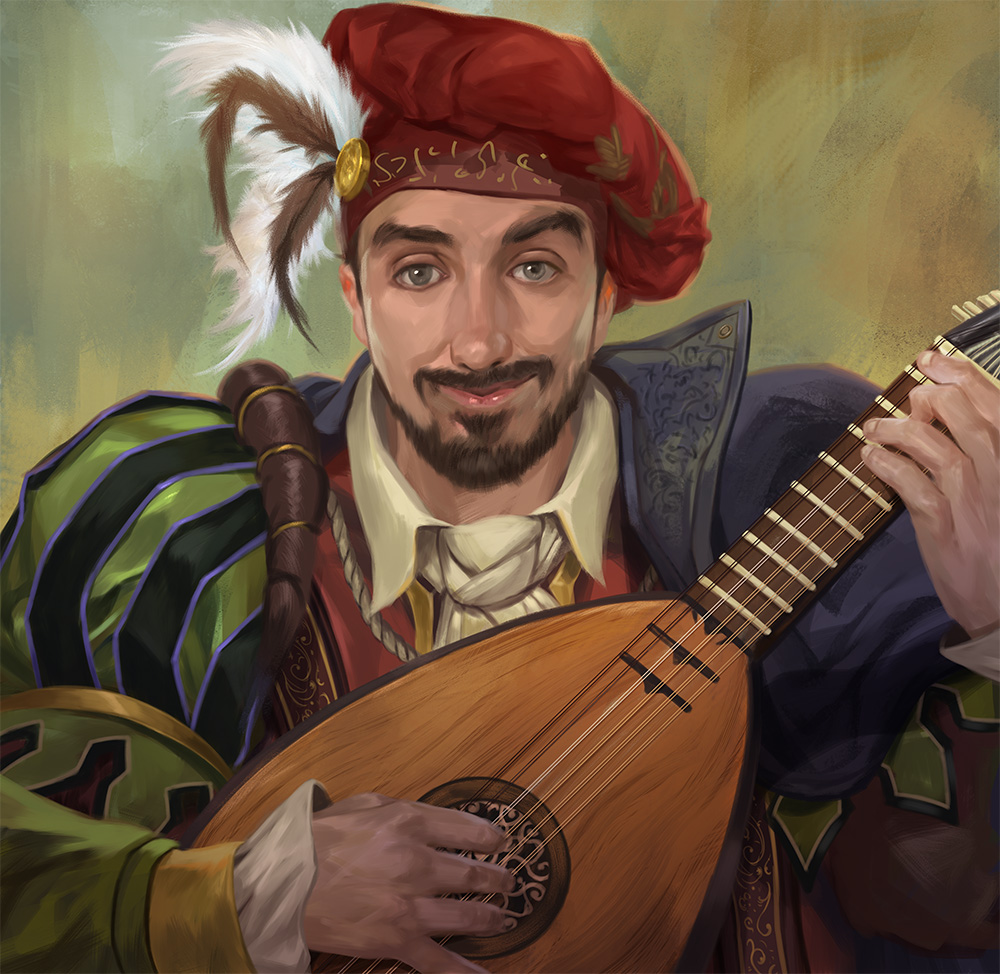 Joe Nightingale, MBBS, MSc
Joe Nightingale, MBBS, MSc

Beards are currently enjoying something of a renaissance. A beardnaissance, if you will. It wasn't always the case. From the end of WWII, beards became supremely unfashionable, restricted to hippies and other fringe groups. Such cycles of beardliness occur throughout world history. Emperor Hadrian, for example, was notable for bringing the beard back into style in the Roman Empire due to his love of the ancient Greeks.
But what were the most famous beards in history? Which men sported facial hair so iconic it transcended time to become truly immortal? Join us as we delve through the most famous and epic beards of all time.
Most Famous Beards in History
Abraham Lincoln
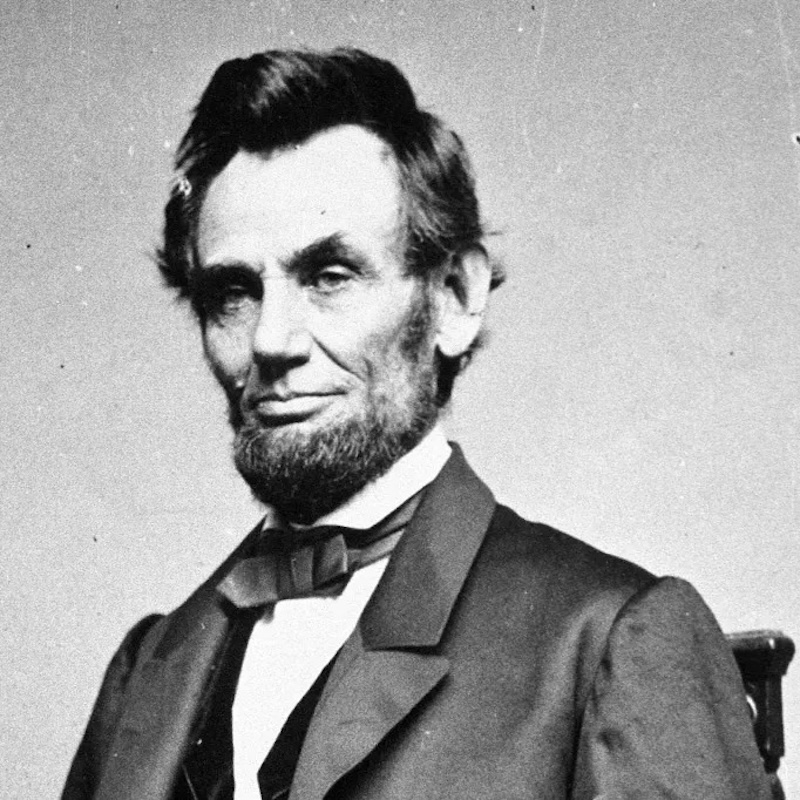
Honest Abe wasn't just known for his role in American history; his beard was a statement piece, too! Before becoming president, Lincoln was clean-shaven, but upon a suggestion from a young supporter, he grew out his iconic chin curtain. It became so famous that it almost overshadowed his top hat, making him not only a symbol of integrity but also of facial hair flair!
Franz Joseph I
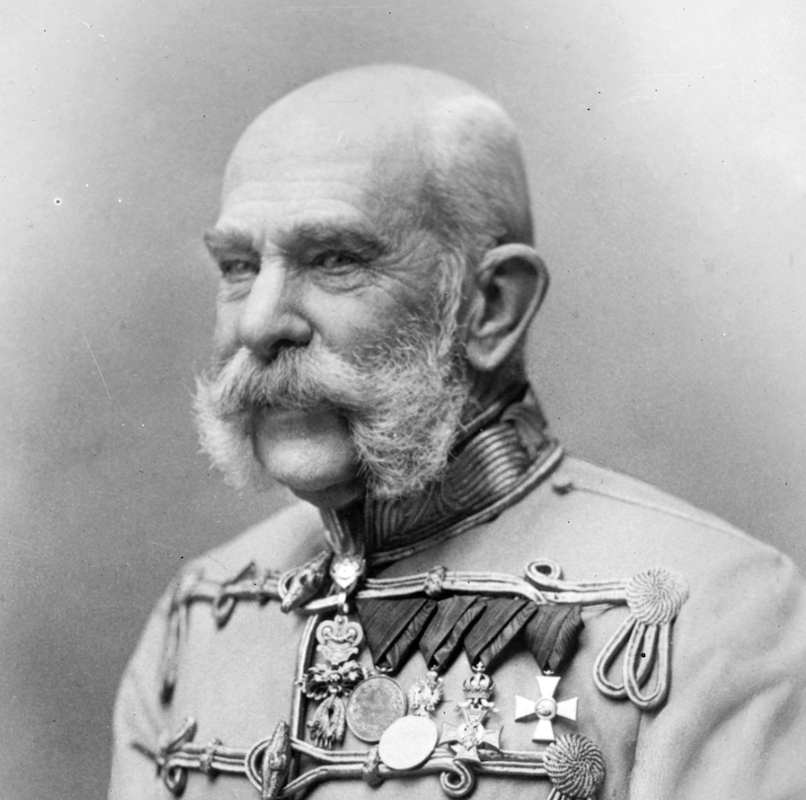
The Emperor of Austria and King of Hungary, Franz Joseph I, sported one of the most impressive imperial mustaches of the 19th century. His thick, meticulously groomed mustache became a symbol of his reign, reflecting the formality and rigidity of the Habsburg monarchy. It's so iconic that it almost seems like you can't picture him without it!
Ambrose Everett Burnside
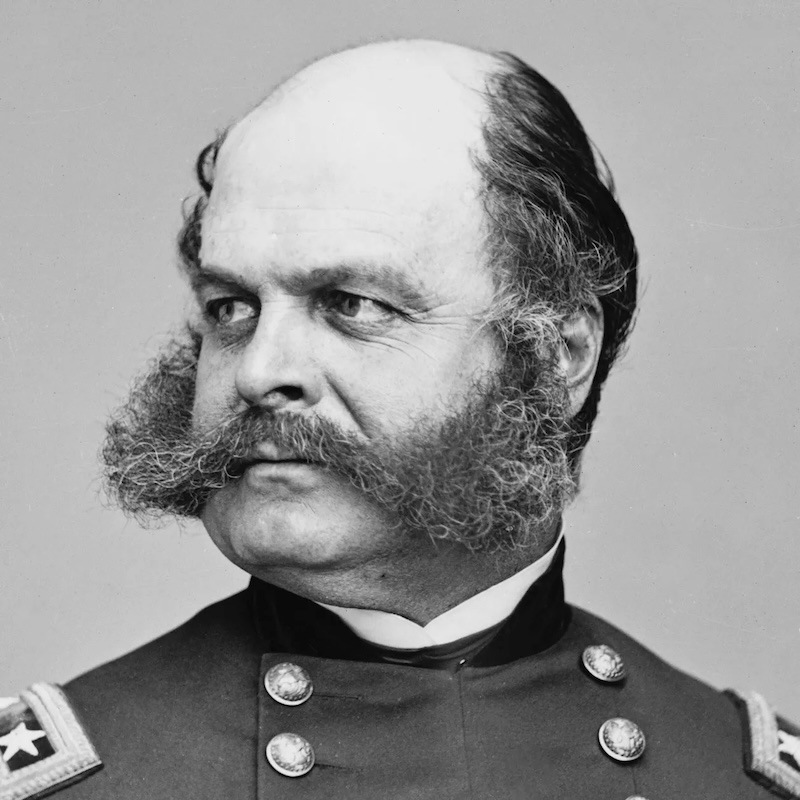
This American Civil War general was so famous for his distinctive side-whiskers that they actually coined the term "sideburns" in his honor! Burnside's facial hair connected from his hairline down his cheeks and around to his mustache, creating a look so unique that his name literally became synonymous with facial hair. How's that for a hairy legacy?
Mark Twain
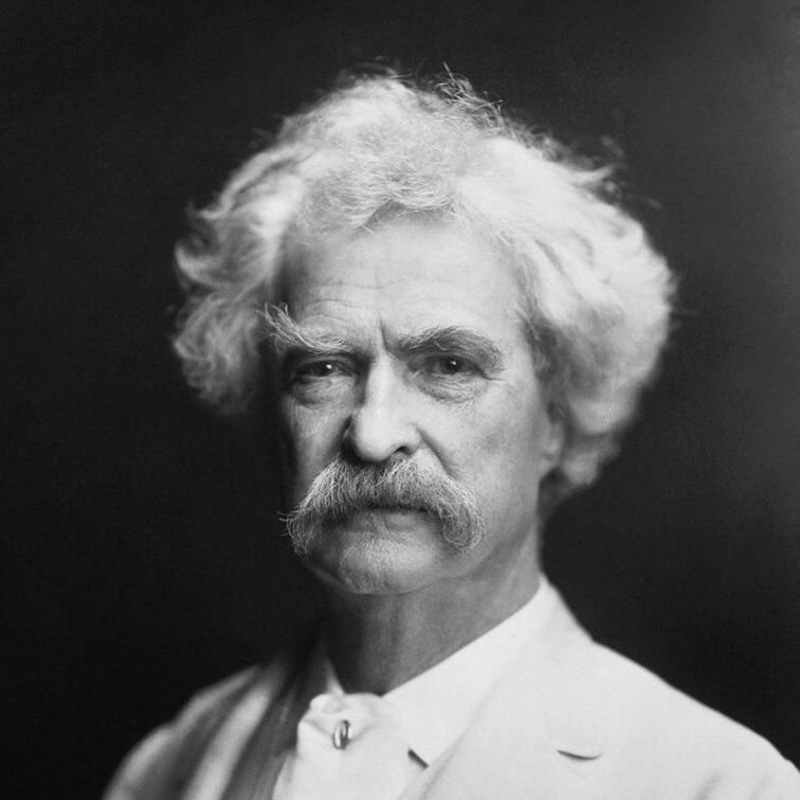
Mark Twain, the witty American writer known for The Adventures of Tom Sawyer and Huckleberry Finn, also had a signature mustache that was as distinctive as his literary style. His walrus mustache was thick, bushy, and almost as famous as his sharp humor. It perfectly complemented his keen eye for satire and observation, making his face one of the most recognizable in American literature.
Salvador Dali
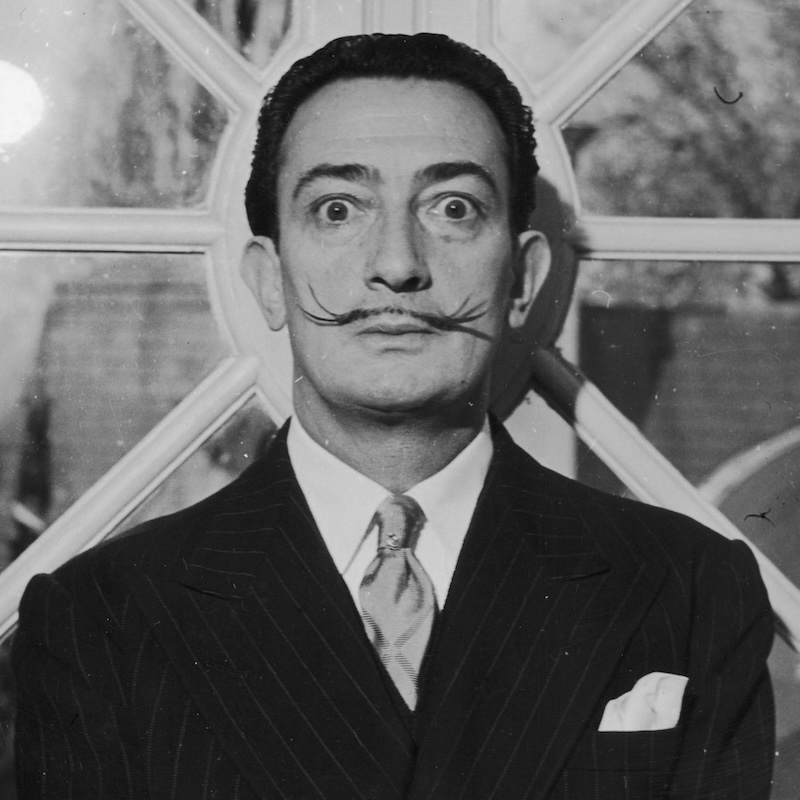
Talk about a mustache that's as surreal as his art! Salvador Dali's slender, dramatically upturned mustache became an integral part of his eccentric and flamboyant persona. The Spanish artist twisted his mustache into sharp points that defied gravity, much like the clocks in his painting The Persistence of Memory. Dali's mustache wasn't just hair on his upper lip; it was a masterpiece of its own.
Friedrich Nietzsche
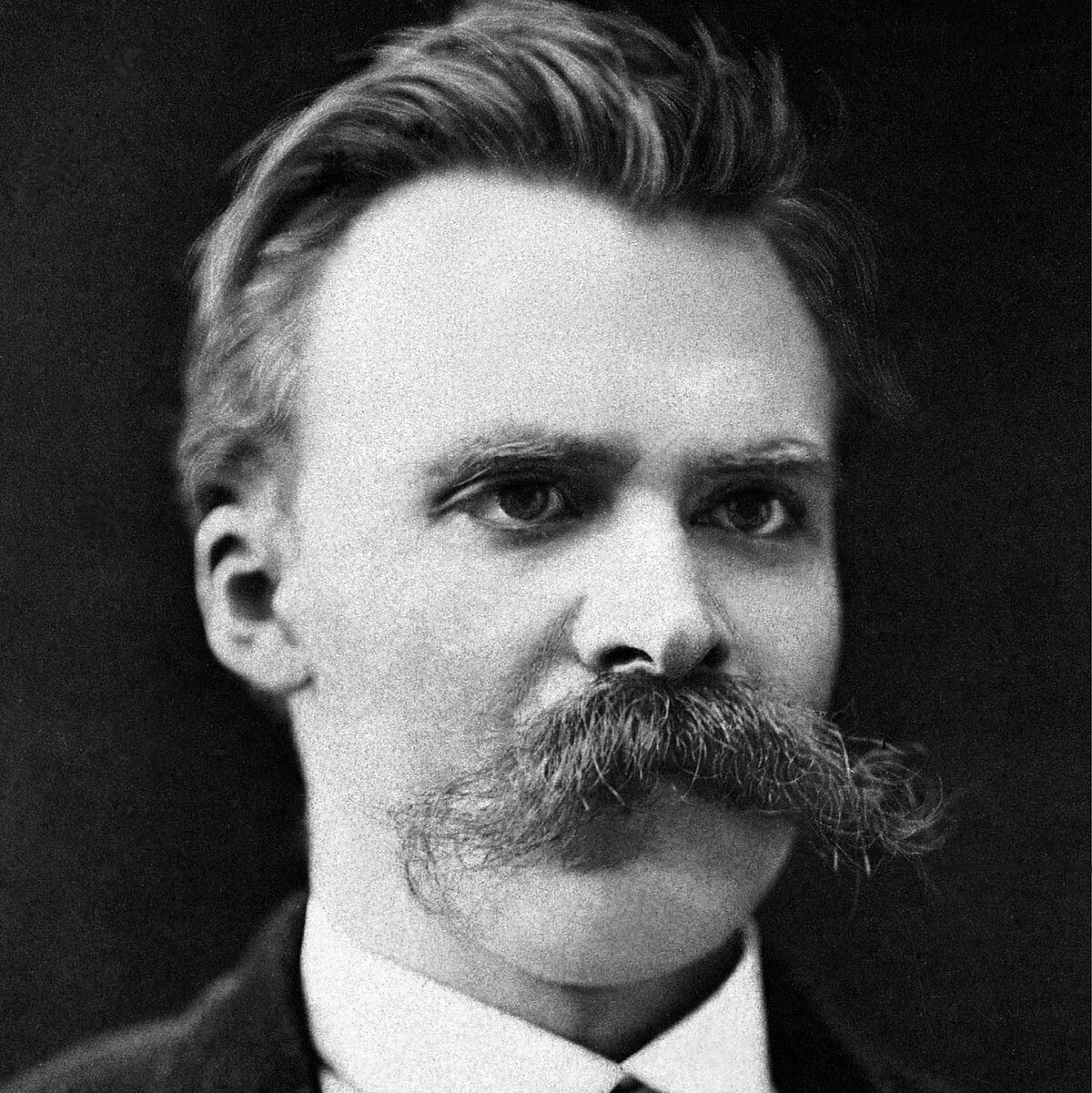
The philosopher known for his profound and often provocative ideas, Friedrich Nietzsche, also rocked a massive, bushy mustache that took over much of his face. This bold mustache could be seen as a symbol of his radical thoughts and writings, commanding attention and provoking thought, much like his philosophical contributions. Nietzsche's mustache was so prominent, it almost had a philosophical statement of its own!
vinci
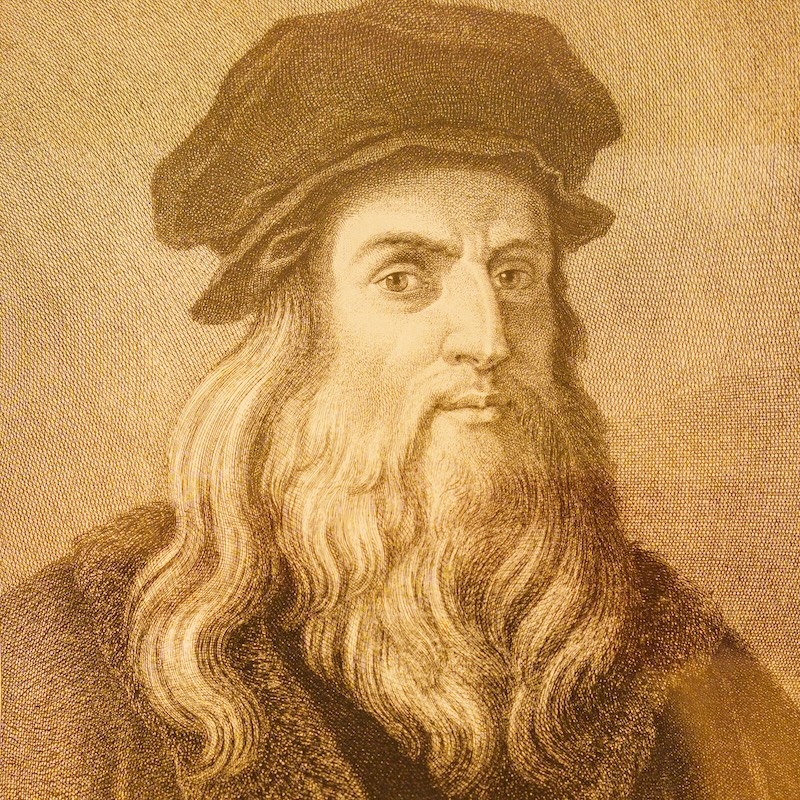
The quintessential Renaissance man, Leonardo da Vinci, was not only a master of art and science but also sported a beard that matched his wise and thoughtful persona. His flowing, well-kept beard depicted in many of his self-portraits, adds to the aura of intelligence and contemplation that surrounds his legendary figure. It's as if every strand of his beard was steeped in the mysteries of the Mona Lisa's smile!
Plato
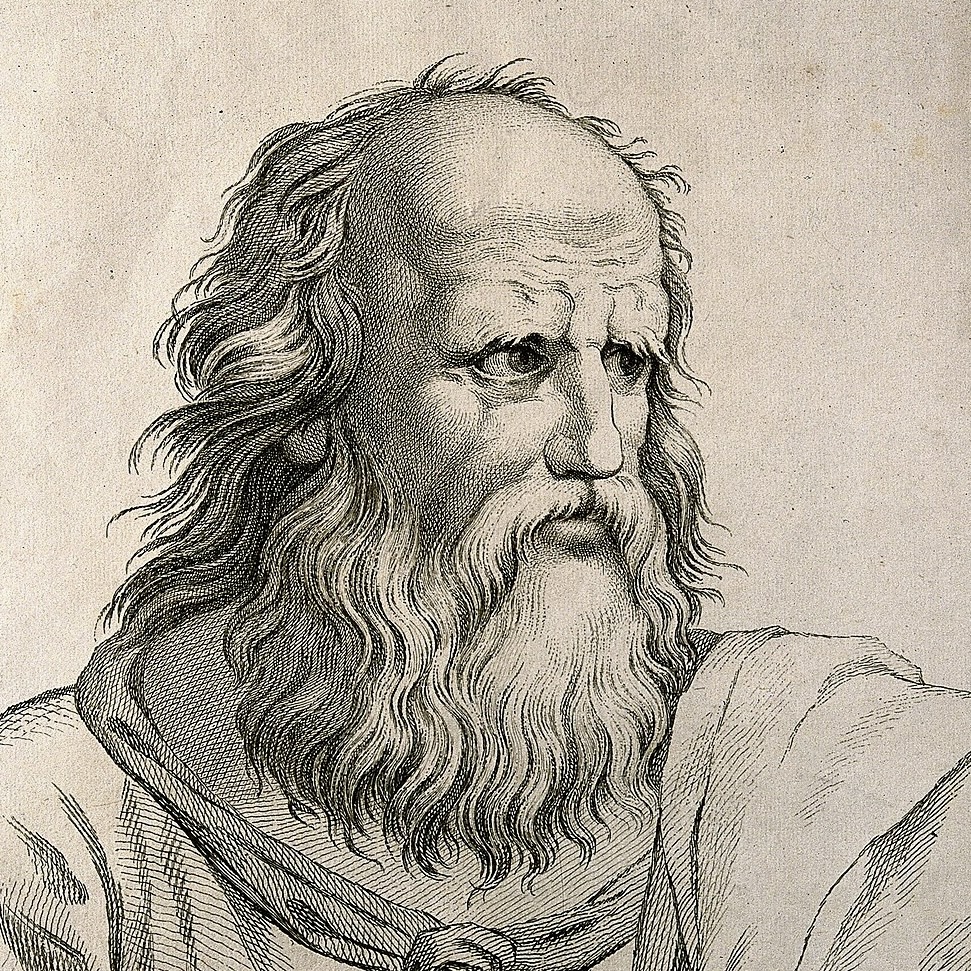
Plato, the foundational figure in Western philosophy, wore a beard that was as classic as his dialogues. In ancient Greece, a full beard was a sign of wisdom and dignity, perfectly befitting the man whose thoughts laid the groundwork for much of Western thought. Plato's beard was not just a style statement but a mark of the philosopher's status in society.
Hadrian
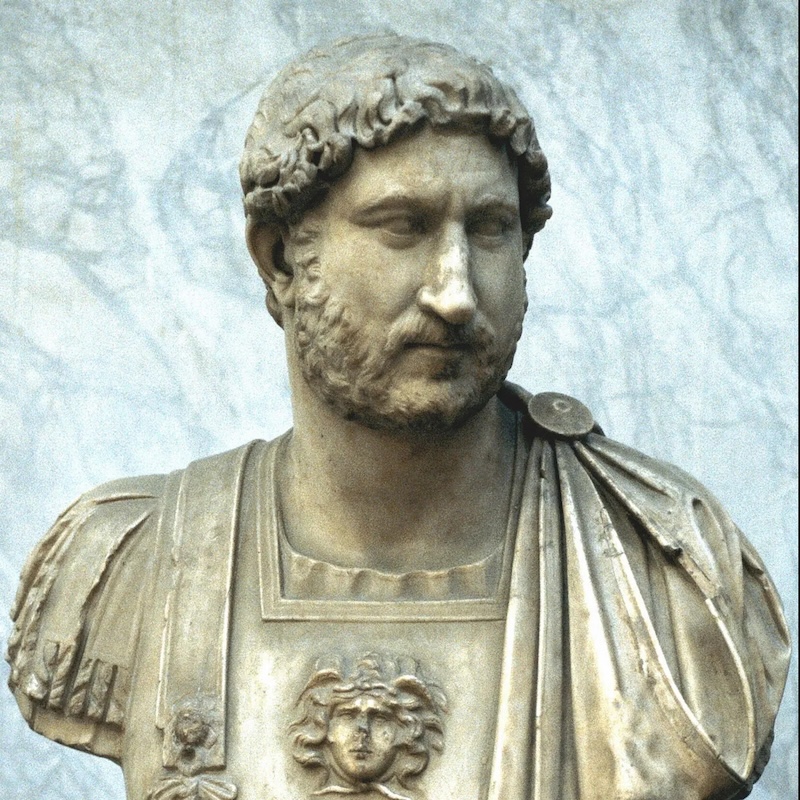
Roman Emperor Hadrian was not only known for building Hadrian's Wall but also for his distinctive beard, a break from the clean-shaven tradition of previous Roman rulers. His beard symbolized his philosophical interest and marked a cultural shift towards Greek customs, reflecting his admiration for Greek culture. Hadrian's beard was a political and personal statement, setting a trend that would define Roman fashion for centuries.
Confucius
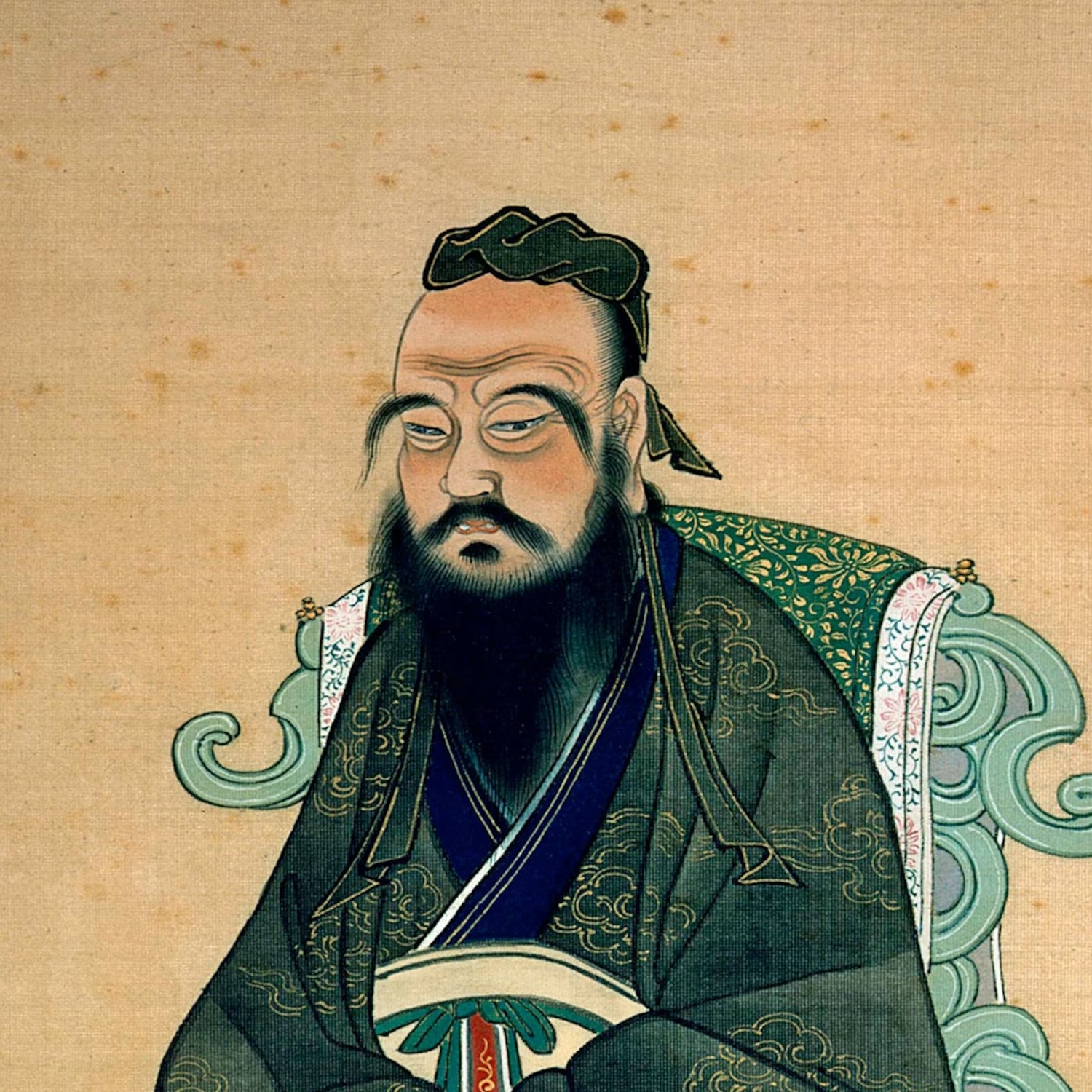
Confucius, the ancient Chinese philosopher whose teachings still influence Eastern thought today, is often depicted with a long, flowing beard. This beard wasn't just a sign of age or wisdom in traditional Chinese culture; it was a mark of the scholar-gentleman. Confucius' beard conveyed a sense of deep respectability and scholarly gravitas, visually reinforcing his role as a revered sage and moral guide. It's as iconic as the Analects and symbolizes the timeless wisdom he imparted.
